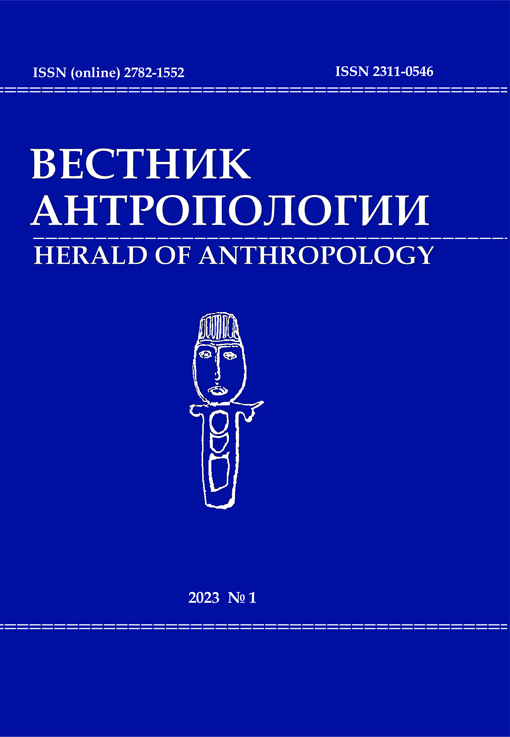Postneopaganism: About Two Directions of the Ideological Evolution of the Former Neopagans
DOI: 10.33876/2311-0546/2023-1/234-245
Keywords:
postneopaganism, neopaganism, Rodnoverie, Emergence, right-wing radical IslamAbstract
This article studies the two examples of how the worldview of the former representatives of Russian neo-paganism transforms. We will use the umbrella term “postneopaganism” to refer to these groups. The first example is “Emergence”, the worldview of the “Monolith” internet subculture, developed by bloggers and publicists V. G. Frolov and E. E. Sychev. The second example is the transition of some ultra-right young people to radical Islam, while maintaining the original nationalist views. In the first case, a unique worldview, different from Russian neopaganism, is formed, and the neopagan construction of tradition is replaced by technoprogressivism and a kind of religion of revelation. The supporters of “Emergence” largely created the discourse of criticism of Russian neopaganism and introduced such pejoratives as “dolboslavie” and “heroverie”. The worldview of V. G. Frolov, E. E. Sychev and their followers is analyzed based on online publications and interviews collected by the author. Regarding the right-wing radical Russian Islam, the author offers a brief description of this phenomenon and its background. He also proposes a hypothesis based on the mimetic theory of the French-American anthropologist René Girard, according to which the image of a Muslim as an “Other”, formed in the nationalist press, could have certain attractivity and become a model for young nationalists. Articles from the A. N. Sevastyanov’s “National newspaper” are used here as an example of such nationalist publications.





















